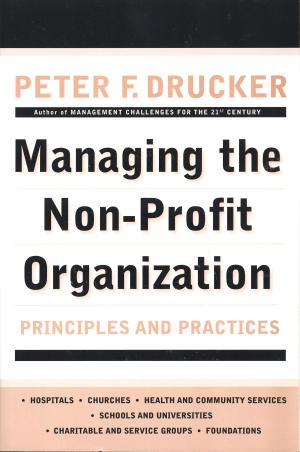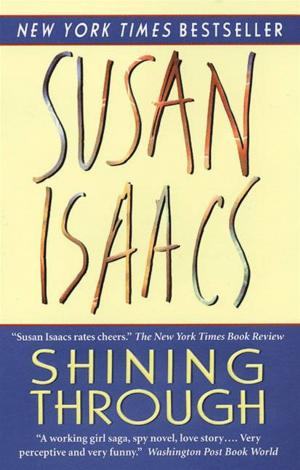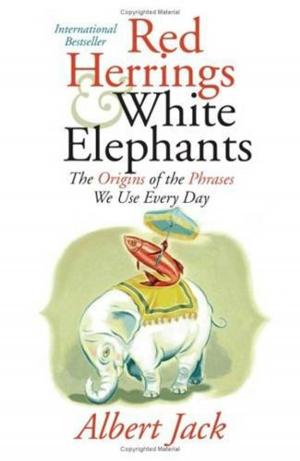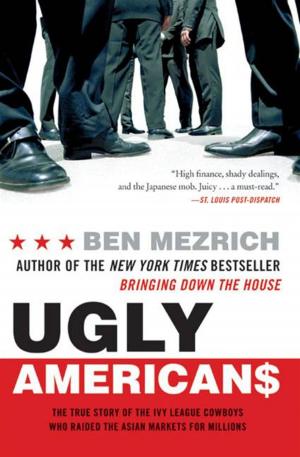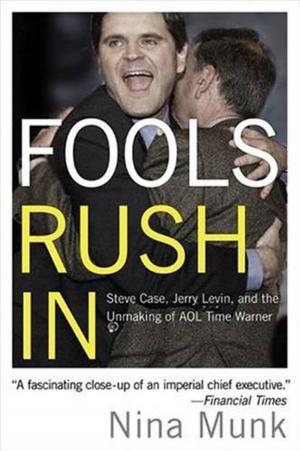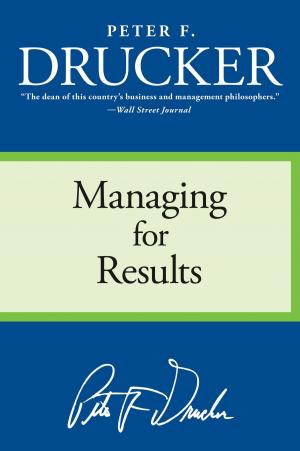The Flight of the Creative Class
The New Global Competition for Talent
Nonfiction, Social & Cultural Studies, Social Science, Cultural Studies, Popular Culture, Business & Finance| Author: | Richard Florida | ISBN: | 9780061993466 |
| Publisher: | HarperCollins e-books | Publication: | January 26, 2010 |
| Imprint: | HarperCollins e-books | Language: | English |
| Author: | Richard Florida |
| ISBN: | 9780061993466 |
| Publisher: | HarperCollins e-books |
| Publication: | January 26, 2010 |
| Imprint: | HarperCollins e-books |
| Language: | English |
Research–driven and clearly written, bestselling economist Richard Florida addresses the growing alarm about the exodus of high–value jobs from the USA.
Today's most valued workers are what economist Richard Florida calls the Creative Class. In his bestselling The Rise of the Creative Class, Florida identified these variously skilled individuals as the source of economic revitalisation in US cities. In that book, he shows that investment in technology and a civic culture of tolerance (most often marked by the presence of a large gay community) are the key ingredients to attracting and maintaining a local creative class.
In The Flight of the Creative Class, Florida expands his research to cover the global competition to attract the Creative Class. The USA once led the world in terms of creative capital. Since 2002, factors like the Bush administration's emphasis on smokestack industries, heightened security concerns after 9/11 and the growing cultural divide between conservatives and liberals have put the US at a large disadvantage. With numerous small countries, such as Ireland, New Zealand and Finland, now tapping into the enormous economic value of this class – and doing all in their power to attract these workers and build a robust economy driven by creative capital – how much further behind will USA fall?
Research–driven and clearly written, bestselling economist Richard Florida addresses the growing alarm about the exodus of high–value jobs from the USA.
Today's most valued workers are what economist Richard Florida calls the Creative Class. In his bestselling The Rise of the Creative Class, Florida identified these variously skilled individuals as the source of economic revitalisation in US cities. In that book, he shows that investment in technology and a civic culture of tolerance (most often marked by the presence of a large gay community) are the key ingredients to attracting and maintaining a local creative class.
In The Flight of the Creative Class, Florida expands his research to cover the global competition to attract the Creative Class. The USA once led the world in terms of creative capital. Since 2002, factors like the Bush administration's emphasis on smokestack industries, heightened security concerns after 9/11 and the growing cultural divide between conservatives and liberals have put the US at a large disadvantage. With numerous small countries, such as Ireland, New Zealand and Finland, now tapping into the enormous economic value of this class – and doing all in their power to attract these workers and build a robust economy driven by creative capital – how much further behind will USA fall?









